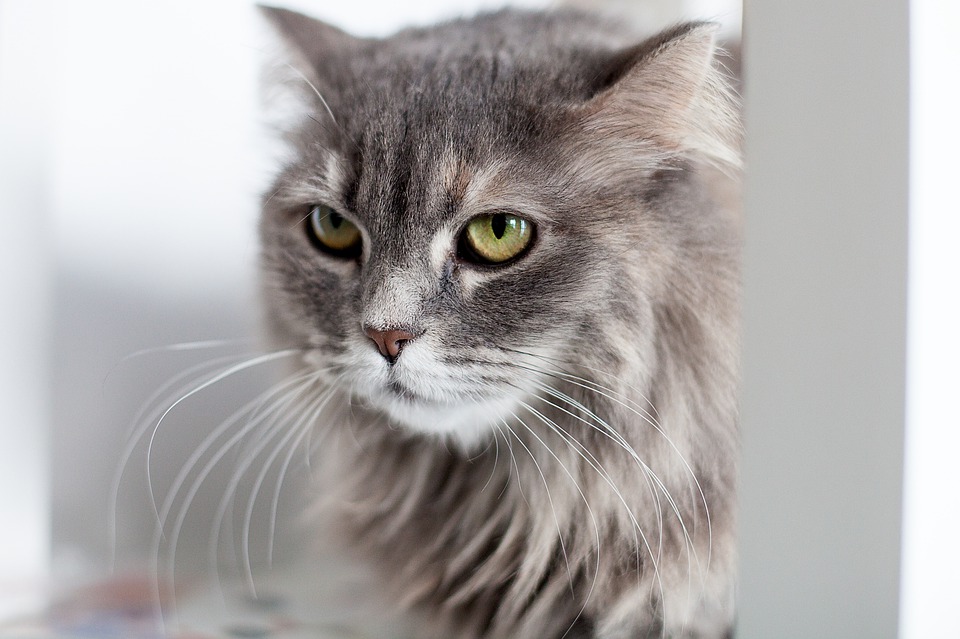Introduction:
As a responsible cat owner, ensuring your feline friend receives a well-balanced diet is crucial for their overall health and well-being. Just like humans, cats require specific essential nutrients to thrive. In this article, we will explore the key nutrients necessary for a healthy cat diet, their benefits, and address common FAQs about feline nutrition.
I. Protein: The Building Block of a Healthy Cat
A. Importance of Protein in a Cat’s Diet
Protein is a vital component of a cat’s diet as it helps build and repair tissues, supports the immune system, and provides energy. It is particularly important for muscle development and the production of essential enzymes and hormones.
B. Sources of High-Quality Protein
Cats are obligate carnivores, meaning they require a diet high in animal-based protein. High-quality protein sources for cats include lean meats like chicken, turkey, and fish. It is important to avoid feeding them excessive amounts of plant-based protein as their bodies are designed to digest animal protein more efficiently.
C. Recommended Protein Intake for Cats
The Association of American Feed Control Officials (AAFCO) recommends a minimum of 26% protein on a dry matter basis for adult cats. However, individual cats may have different protein requirements depending on factors such as their age, activity level, and health status.
II. Carbohydrates: Fuel for Energy
A. The Role of Carbohydrates in a Cat’s Diet
While cats are primarily carnivorous, they can benefit from a small amount of carbohydrates in their diet. Carbohydrates provide a source of energy and can aid in digestion and gut health.
B. Types of Carbohydrates Suitable for Cats
Cats are unable to efficiently digest complex carbohydrates like grains. Instead, they can derive carbohydrates from sources like vegetables and a small amount of easily digestible grains such as rice or oats.
C. Balancing Carbohydrate Intake for Cats
The ideal carbohydrate content in a cat’s diet is around 5-10%. Excessive carbohydrates can lead to weight gain and other health issues, so it is important to ensure that the majority of their diet consists of protein and fat.
III. Fats: Essential for Vital Functions
A. Functions of Fats in a Cat’s Body
Fats play a crucial role in a cat’s diet as they provide a concentrated source of energy, help absorb fat-soluble vitamins, support healthy skin and coat, and aid in hormone production.
B. Healthy Sources of Fats for Cats
Cats require a balance of omega-3 and omega-6 fatty acids in their diet. Good sources of healthy fats for cats include fish oil, chicken fat, and certain plant oils such as flaxseed oil.
C. Regulating Fat Intake for Cats
The ideal fat content in a cat’s diet should be around 9-15% on a dry matter basis. It is important to monitor their fat intake to prevent obesity and other health issues.
IV. Vitamins and Minerals: Supporting Optimal Health
A. Importance of Vitamins and Minerals in a Cat’s Diet
Vitamins and minerals are essential for a cat’s overall health, immune function, and various physiological processes. They play a crucial role in maintaining healthy bones, teeth, and organs.
B. Essential Vitamins for Cats and Their Sources
Cats require a range of vitamins, including vitamin A, B vitamins, vitamin D, and vitamin E. These vitamins can be obtained from a balanced diet that includes high-quality animal proteins, fruits, and vegetables.
C. Key Minerals for a Cat’s Well-Being
Important minerals for cats include calcium, phosphorus, potassium, and magnesium. These minerals can be found in bones, organ meats, and certain vegetables.
V. Water: The Unsung Hero
A. The Vital Role of Water in a Cat’s Body
Water is essential for a cat’s survival as it aids in digestion, regulates body temperature, lubricates joints, and carries nutrients throughout the body. It is crucial for maintaining optimal organ function.
B. Ensuring Adequate Hydration for Cats
Cats have a low thirst drive, so it is important to provide them with fresh, clean water at all times. Some cats may prefer running water, so using a cat fountain or providing dripping faucets can help encourage hydration.
C. Importance of Fresh Water Availability
Cats can become dehydrated quickly, so it is important to monitor their water intake and ensure they have access to fresh water at all times. Wet cat food can also contribute to their overall water intake.
VI. Frequently Asked Questions (FAQs) About Cat Nutrition
A. How much should I feed my cat?
B. Can I feed my cat a vegetarian diet?
C. Should I give my cat supplements?
D. Is it okay to feed my cat a homemade diet?
E. Can cats eat certain human foods?
Conclusion:
Maintaining a balanced and nutrient-rich diet is paramount to your cat’s health. By providing the essential nutrients such as protein, carbohydrates, fats, vitamins, minerals, and ample water, you can ensure your feline companion thrives. Remember, consulting with a veterinarian can help you tailor your cat’s diet to their specific needs and ensure a long and healthy life.








